7 Security Issues Developers Encounters while Developing Mobile Apps
22 Jun 19 


Nowadays, smartphones help us to do almost everything online—from anyplace at any time. Some of the most influenced fields are banking, healthcare, IoT connectivity, Shopping, and even work remotely.
There has always been a steady increase in the usage of mobile apps every passing year. There are more mobile phones connected with the internet than humans in the world. It is also believed that the US accounts for about 70% internet usage of mobile apps.
Mobile apps are generally available on a marketplace such as Google Play Store, Apple App Store, Windows Store, etc., and is a significant platform for delivering content and value to the users globally. Organization all around the world have embraced mobile app development with the end goal to enhance employee efficiency while adjusting themselves to a more youthful and connected workforce.
Mobile Application Security
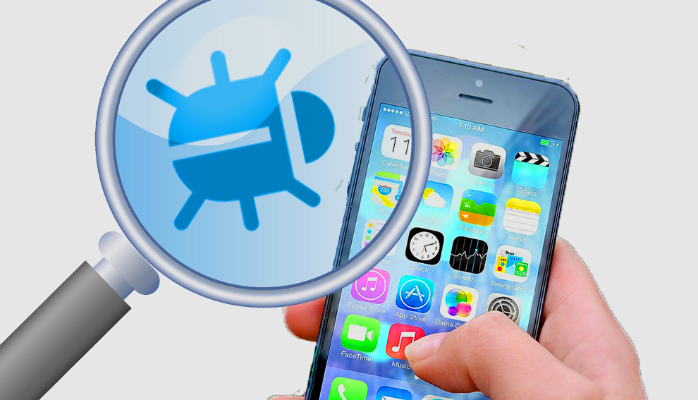
There are also many concerns risen with time such as mobile app security issues. Majority of the people aren’t concerned about the mobile application security issues when using their smartphones for online transactions.
Here are some details –
- Top 100 paid apps in the Google Play store have been a prey of hacking
- 56% of the top 100 paid applications in the Apple App Store have also been attacked
- The amount of such malicious malware increments by 163% every passing year
These numbers are significantly disturbing when you consider that most organization today pursue a BYOD (Bring your very own Device) approach which makes the employees integrate professional and personal interests into a single device. 84% of the users in the USA utilize a single gadget for both their work and private work, thereby reducing the functionalities of the organization’s IT dept. to unhesitatingly secure access to classified organizational data.
Hacked Mobile applications can lead to –
- Huge revenue loss
- Brand Damage
- Unapproved access to confidential enterprise and user data
- Intellectual Property theft
- Fraud cases
As a mobile app developer, the biggest issue you have to face before building an app is – How to raise mobile app security standards against malware?
You can begin by going through our mobile app security tips to get a brief knowledge of the security challenges faced during the development and deployment of a mobile app.
Hackers with malicious intentions can:
- Infect the malware into applications and onto devices to get access to the data, store keystrokes
- Mess with or duplicate your app’s code and develop a spoof app with malware.
- Tamper with sensitive data via air transmissions
- Identity theft by stealing customer data
- Get hold of private business assets and intellectual property
- Taking control of your enterprise back-end network
Mobile applications and the APIs that power them can possibly make data and frameworks vulnerable if they aren’t legitimately stored. Clients expect their mobile apps to be secure. For applications that deal with the bulk quantity of data or have strict requirements like healthcare, finance etc., this is valid.
What can you do to Secure your Mobile App?
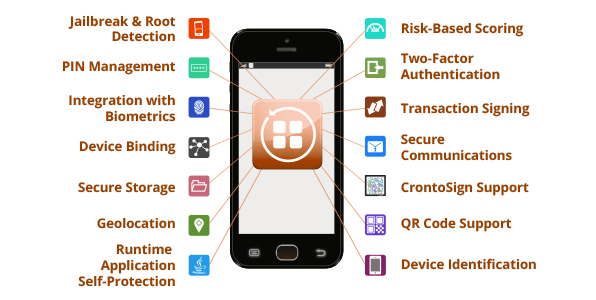
In case you’re developing an application or have an application in the market, chances are that you’ve stopped to consider how to secure your mobile app, data, and your client’s information.
A decent mobile application has its fair share of hardship to make it work. There’s the code itself, the business rationale on the back end and the customer side, databases, APIs channeling information between the device and the OS, and the client. Each plays an important job in the mobile app security standards. For organizations with Mobile applications in a focused market, having strong security standards for the mobile app could be a major differentiator. Here’s a glance at a couple of tips while considering the mobile app security issues to shield your portable resources from each edge.
1. Secure the Code of Your App from Scratch
Like every app development, mobile app security should be a need from the very first moment. Although, native applications are not the same as web applications, where information and software exist safely on a server and the customer side (or, program) is only an interface. But with native applications, these codes are stored straight into the device once it’s downloaded, making it more open to those with noxious intent.
Vulnerabilities can exist in an application’s source code, but Network and Data security are given more priority since they are comprised of important components. Vulnerabilities can be caused by developing error, inability to test the code.
Also Read
Why mobile apps are important for your business
Tips:
- Secure your code with encryption. You need the code to be secret, and difficult to peruse. Go for modern algorithms with API encryption.
- Review the code for vulnerabilities, or run a source code auditing.
- Remember things like file size, performance, runtime memory, data and battery utilization are key scenarios of secure mobile app development. You need it to be secure, but not at the cost of user experience and performance.
2. Secure Your Network Connections on the Back End.
Servers (both cloud and local) that an application’s APIs are fetching should have safety precautions in place to secure information and anticipate unapproved access. The users with access to the API should be thoroughly checked to prevent any loss of data going from the customer back to the application’s server and database.
Tips:
- Containerization is a strategy for developing encrypted containers to securely save your data.
- Enhance the security with database encryption and connections with a Virtual Private Network (VPN), secure socket layer (SSL), or transport layer security (TLS).
3. Keep Identification, Authentication, and Authorization Measures in Place.
Similar to the APIs, identification and authentication, technology enables users to let the app who they are, which add another layer of security to the login procedure.
Tips:
- If your app depends on third party API’s to manage functions, be alert. You’re depending on their code to be secure. Be sure about the API your app uses. Only give access to the parts of your application that are relevant and reduces vulnerability.
- For encrypted data exchange, JSON web tokens are the ideal choice, since they are lightweight and perfect for mobile app security.
- OpenID Connect is a federation protocol build to raise the mobile app security standards. It enables users to use their same account over various domains with an ID token, so they don’t need to Sign-in every time.
4. Implement a Decent Mobile Encryption Policy.
A device may contain more of an app’s code than a conventional web app since it varies based on bandwidth, quality of the device and performance. The more the data is stored locally, the more vulnerable it is.

- File-level encryption secures the data on a file by file basis where the encrypted data cannot be read even if intercepted.
- Encrypt mobile databases. For instance, the Appcelerator platform offers an SQLite module encryption so data stored locally is secure.
5. Secure Manage API Security.
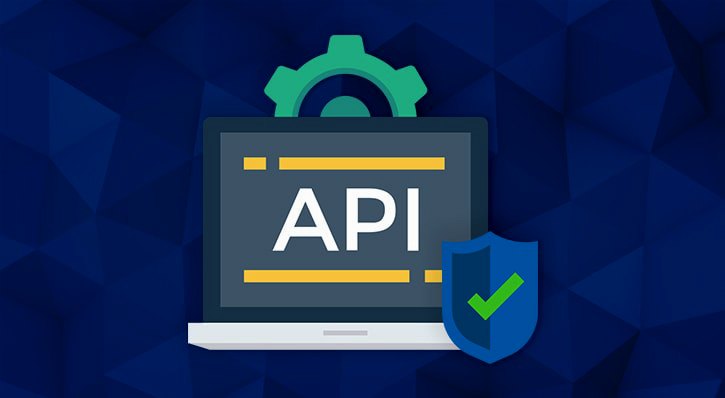
Since Mobile app development relies extensively on APIs, a large portion of mobile app security issues can be rectified by securing the APIs. API’s stream information between applications, the cloud and users, so guaranteeing appropriate API security is vital in raising the security standards of your mobile app.
Tip:
- Identification, Authentication, and Authorization are the three principle safety measures that include a well-manufactured API security stack.
6. Repeatedly Test Your Mobile
Testing the mobile app code is normally critical in an application’s development procedure. Today, mobile app development is quick that, the testing process gets side-lined to speed up the app deployment.
When testing for functionality, experts encourage to test for security, regardless of whether your application is local, hybrid, or web-based. You’ll have the capacity to recognize vulnerabilities in the code and adjust them before launching the app.
Tips:
- Penetration testing involves intentionally examining a system or framework for shortcomings.
- Emulators for browsers, OS and devices let you test how an application will perform in the real world.
7. Secure Mobile App
App developers can’t do much to ensure the clients have secure devices when downloading the app, yet here are a couple of pointers for persons who need to maintain a distance from security issues.

Tips:
- Try not to use a jailbroken device. This affects the security measures the gadget accompanies and are vulnerable to attacks.
- Download the apps from trusted sources like play store, app store etc…
Mobile is progressively where users are, and progressively where hackers are trying to steal confidential data and compromise the security of a mobile app. With focused mobile app security strategies and a reputed mobile app development company, you stay out of such mobile app security issues, thereby making your mobile app more secure for both yourself and users and their loyalty in the future.
Mindster is a reputed mobile app development company focused on developing on-demand solutions such as taxi dispatch software, online grocery app development, e-wallet apps etc. Connect with our sales team to avail benefits and grow in your business.
- Android Development3
- Artificial Intelligence27
- Classified App3
- Custom App Development2
- Digital Transformation11
- Doctor Appointment Booking App13
- Dropshipping1
- Ecommerce Apps38
- Education Apps2
- Fintech-Apps35
- Fitness App2
- Flutter3
- Flutter Apps19
- Food Delivery App5
- Grocery App Development1
- Grocery Apps3
- Health Care7
- IoT2
- Loyalty Programs9
- Matrimony Apps1
- Microsoft1
- Mobile App Maintenance2
- Mobile Apps120
- Product Engineering5
- Progressive Web Apps1
- Saas Application2
- Shopify7
- Software Development1
- Taxi Booking Apps7
- Truck Booking App5
- UI UX Design8
- Uncategorized4
- Web App Development1








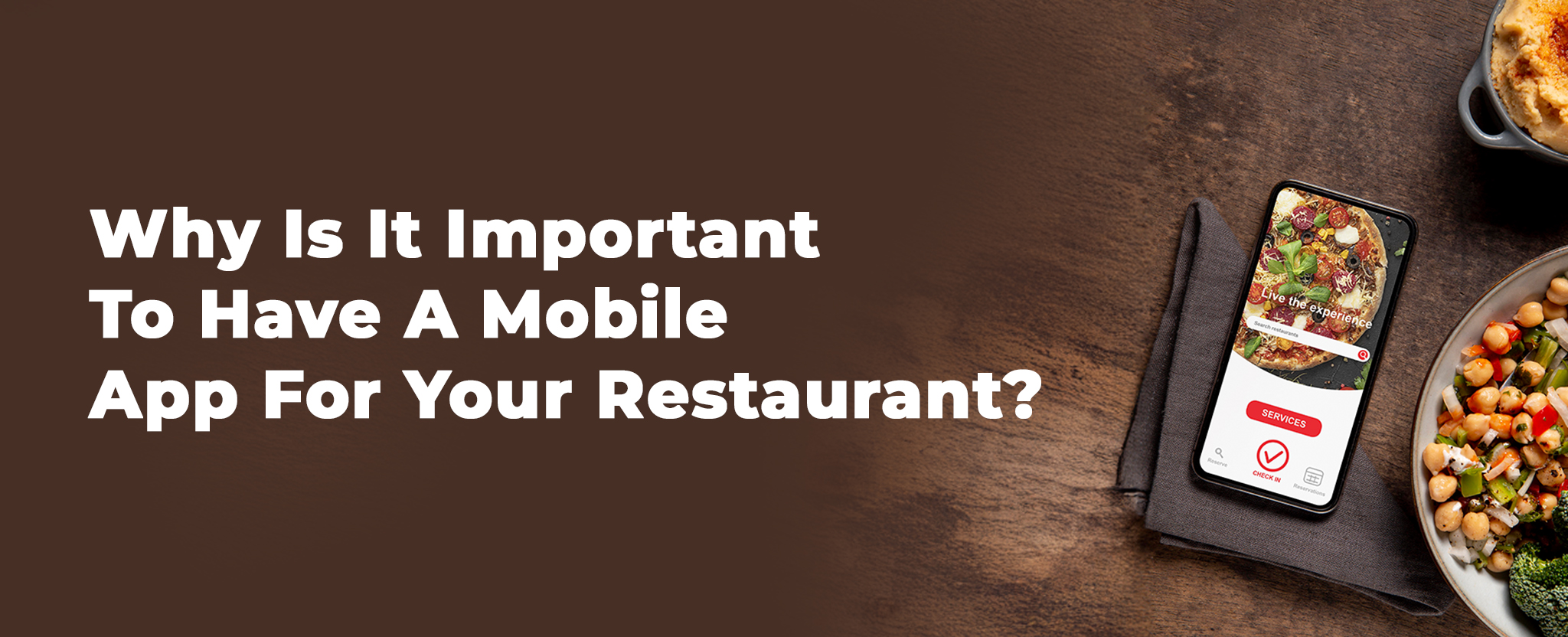
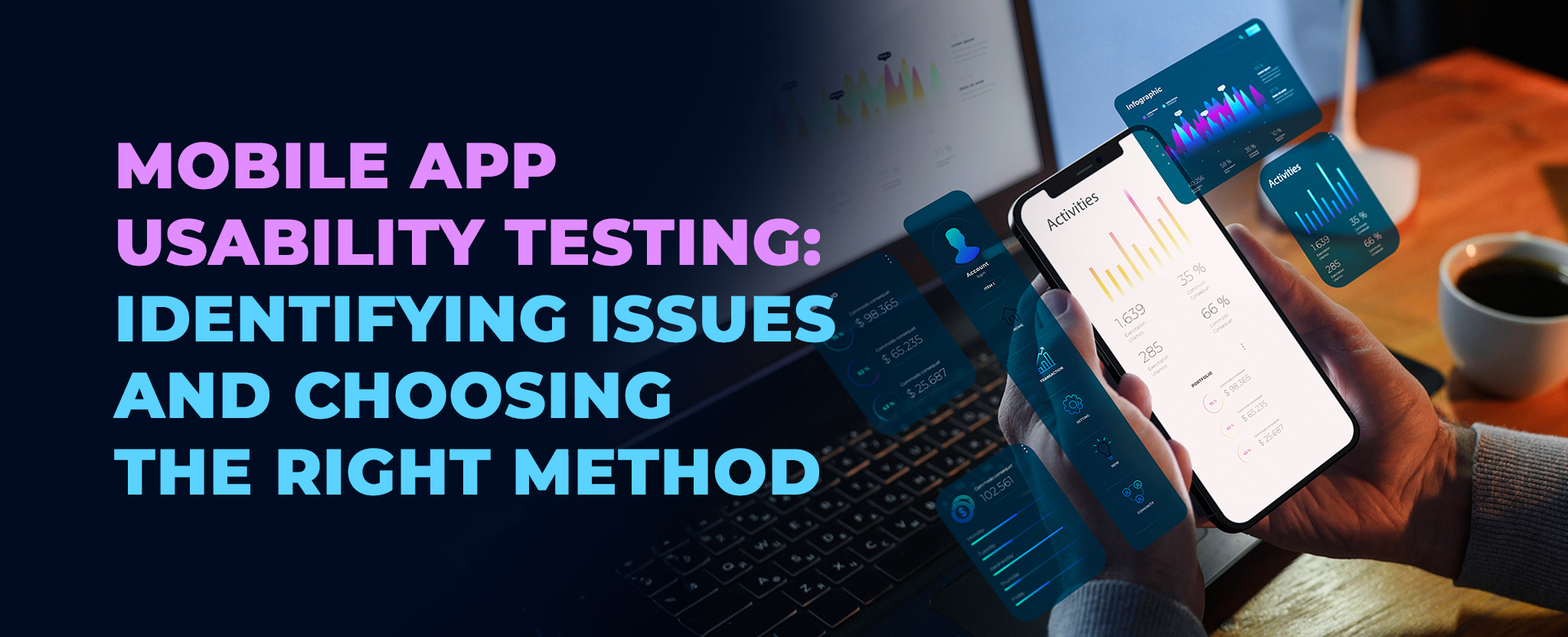

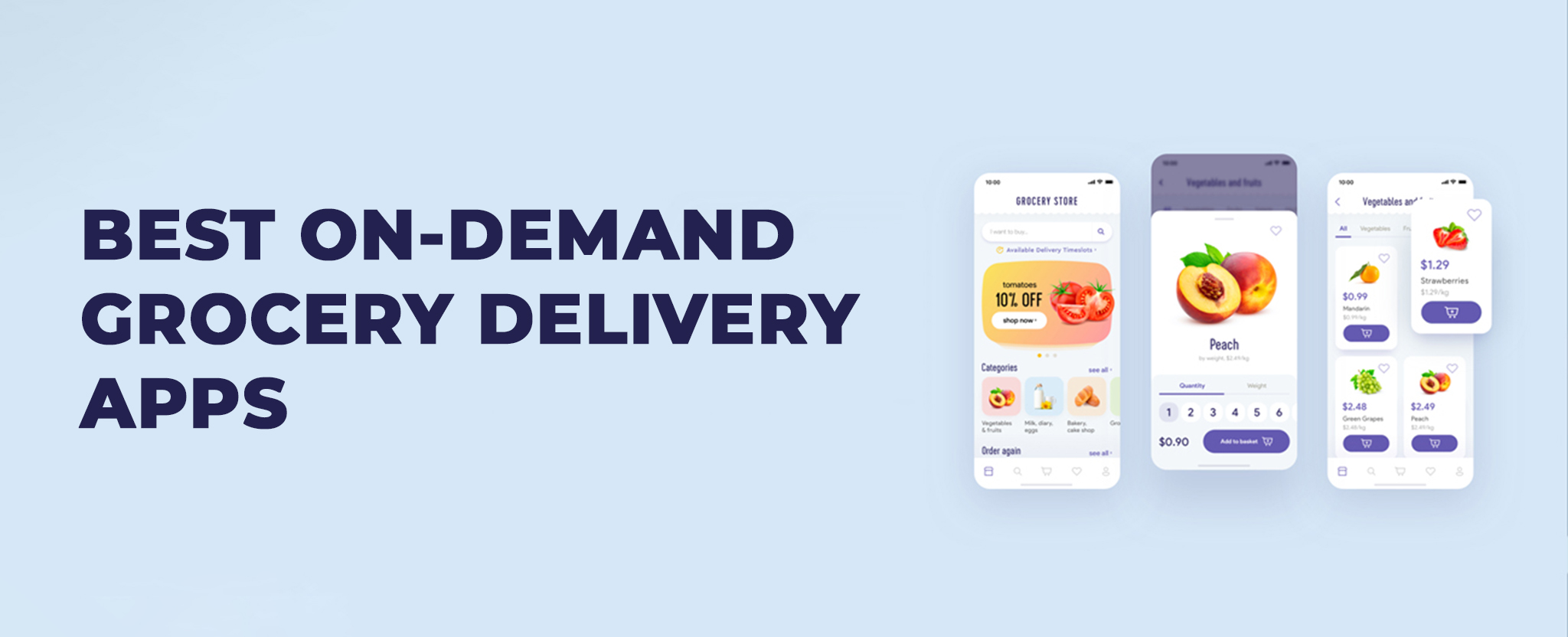






Comments